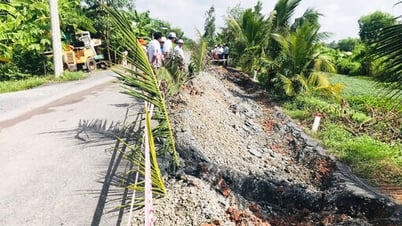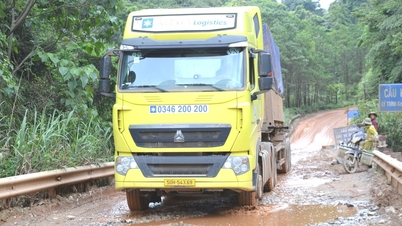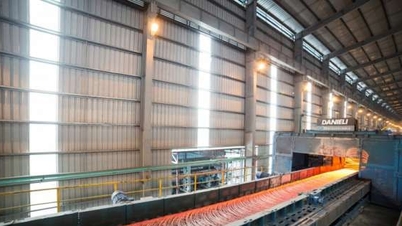
The purpose is not only to help petroleum businesses control the buying and selling situation but also to help customers control invoice information immediately after filling up. From there, it helps to strengthen control and management of revenue, ensure tax collection, transparent business environment, and at the same time increase the State budget.
In fact, the retail market of gasoline is very sensitive, affecting millions of customers. In recent times, authorities have also inspected and prosecuted many cases related to this field.
However, although most businesses have grasped the information and have time to prepare, for many reasons, until the mandatory date (January 1, 2024) to issue electronic invoices for each sale, many businesses have not yet implemented it. For example, in Hanoi , by the end of November 2023, more than 240 businesses were operating in the petroleum sector with 450 stores and nearly 2,000 petrol pumps, but only about 150 stores applied the issuance of electronic invoices for each sale.
Or in Ha Tinh , according to Lao Dong's records, the whole province has 200 petrol pumps, but by the end of December 2023, only over 80 pumps can issue electronic invoices.
The reason given is that the technology and machinery have not been prepared, the investment is costly, and some businesses are “waiting for instructions”. In fact, the problem lies in the mindset not only of the petrol sellers but also of the buyers. When buying and selling goods at any time, there must be an invoice that you have bought the goods, you have sold the goods, and issuing an invoice for a single purchase and any amount is normal.
Therefore, issuing gasoline invoices each time is the same as issuing other retail invoices. When purchasing goods, issuing invoices must be a habit and mandatory. This is the solution to control goods and prevent tax fraud.
Such benefits cannot be delayed.
Source link


































































































Comment (0)